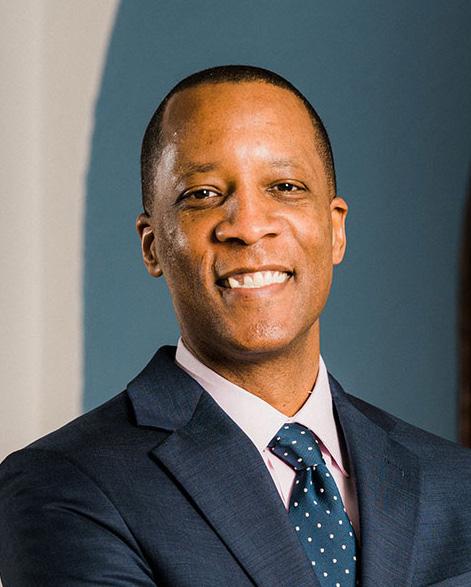
2 minute read
OPENING LETTER
from Student Handbook
Dear Class of 2023,
We are pleased to welcome you to Beacon Academy’s 2022-2023 academic year. This handbook provides an introduction to our school and an overview of the year ahead. Inside, you will find important information covering Beacon’s teaching philosophy, school policies and procedures, contact information, and the guiding principles we share as members of our Beacon community. These guidelines are essential to the safety and wellbeing of our students and families/caregivers like you. We ask that you read it carefully and sign the last page to indicate your acknowledgment and agreement. Beacon Academy is deeply committed to providing robust academic and co-curricular experiences for every student in the Class of 2023 and will communicate scheduling changes with advance notice. We ask that you please expect email, phone, and print updates throughout the year.
While the focus of our work is to prepare you for high school next year, a key priority for us is also making sure your families and caregivers are equally included and invested in your journey. If you or your family/caregivers ever have any questions about what to expect or how they can be more involved, please don’t hesitate to be in contact with me or one of my colleagues in the staff directory.
Thank you for joining us for what is sure to be an extraordinary year!
Warmly,
Charles E. Carter Jr., Ph.D., LICSW CEO/Head of School
Guiding Principles
The Beacon Community is committed to treating all with dignity, respect, honesty, and integrity. We hold ourselves accountable to centering our work and attention on the students and alumni who walk through our doors.
• We believe that every student can be successful.
• We believe that families/caregivers are critical to the success of their students and that engagement in the Beacon community is welcomed and encouraged.
• We believe that learning is best experienced when we are all in person. Our procedures and protocols are designed to keep us in person as much as possible.
• We believe that the educational playing field is not fair for Black and Brown students and that it is our collective responsibility to advocate for equity of opportunity, resources, and voice.
Honor Code
At Beacon Academy, we commit to being part of a community in which all can co-exist, interact, and learn from one another in ways that uphold the highest ethical standards and foster a community of trust.
• A Beacon Academy student will do their share and take an active and upstanding role in seeing that others uphold the spirit of the Honor Code.
• A Beacon Academy student will not give or receive aid in examinations and will not give or receive unpermitted aid in classwork, in the preparation of assignments, or in any other work that is to be used by the instructor as the basis of grading.
• A Beacon Academy student will not mislead or deceive community members or bring discredit to the Beacon Academy community and reputation.
Further examples of conduct in violation of the Beacon Academy Honor Code include: Unpermitted collaboration; plagiarism; giving or receiving unpermitted aid on in-class or take-home examinations; representing as one’s own work the work of another; representing as one’s own work the unattributed results of online research; copying, modifying, and submitting as one’s own work passages found on the Internet; giving or receiving aid on an academic assignment under circumstances in which a reasonable person should have known that such aid was not permitted; telling an incomplete or misleading version of the truth.
HONOR CODE (CONTINUED)
As individuals who are also members of a community, Beacon Academy students are obligated to examine their own actions as well as the actions of those around them in light of their effect on the community. Both in and out of school, when a student sees classmates failing to rise to our community expectations, it is that student’s responsibility to determine whether or not to share that information with Beacon faculty. When in doubt, we expect students to err on the side of open communication with adults.

